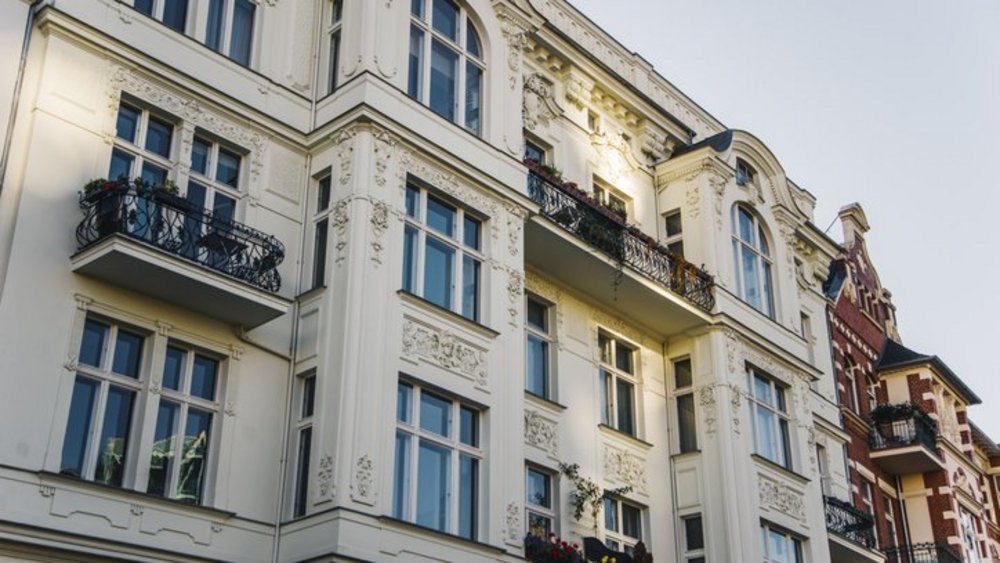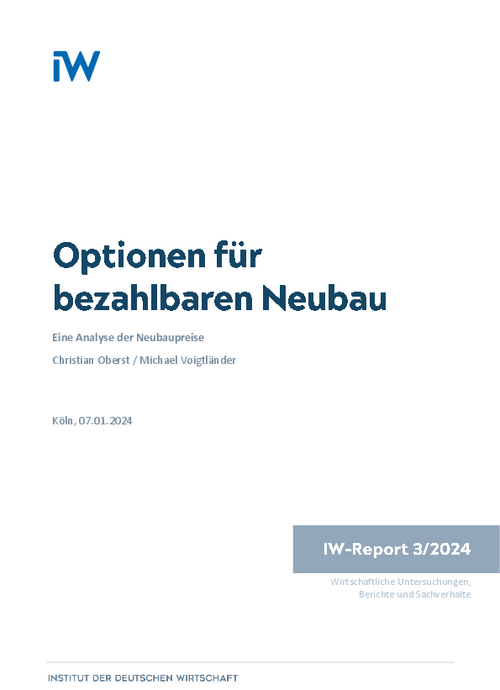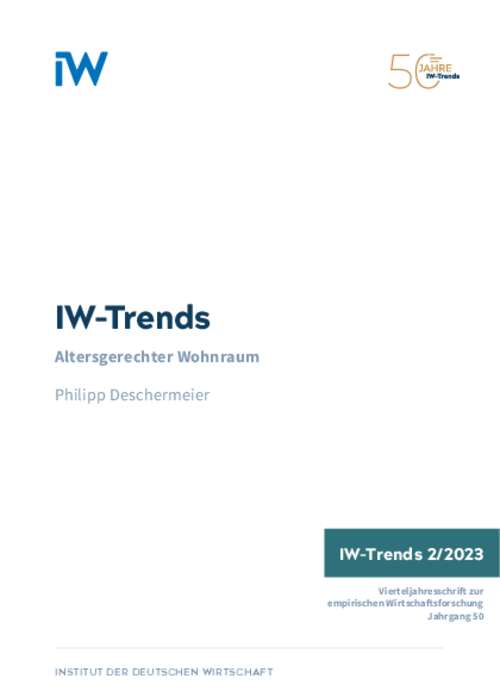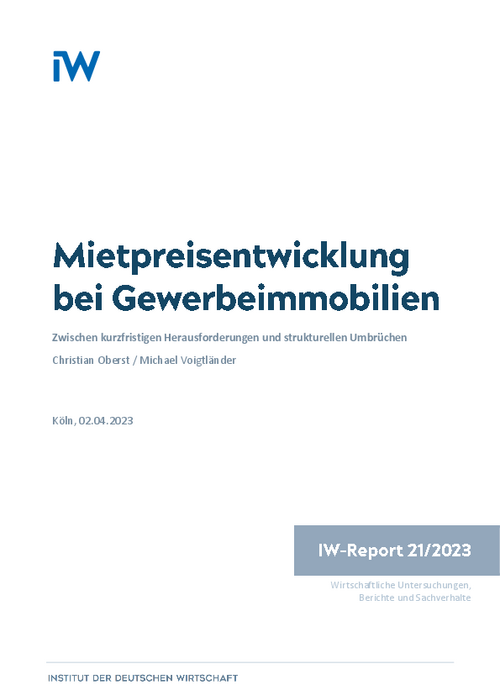Around half of Germany's private assets are invested in real estate. The business with offices, houses and apartments has an impact on the economy as a whole. The real estate markets are also interesting for investors who are looking for safe investments in times of low interest rates.
Real Estate

About the topic
For many, building or buying their own home is the biggest investment of their lives. The need for information is correspondingly high. Many are asking themselves whether they should rather rent or buy and whether buying real estate in the big cities is still worthwhile. The Institute of the German Economy also closely examines the price development of real estate on the basis of various studies. For example, the IW Real Estate Index, the Home Ownership Report or the Student Housing Report regularly provide a detailed insight into various areas and aspects of the real estate market in Germany.
Housing policy is also analyzed in detail: Can instruments such as the rent brake or the rent cap achieve their intended goals? What are the side effects, and above all, are there better alternatives?
But real estate also plays a significant role in the fight against climate change. Buildings produce more than one-third of carbon dioxide emissions. Because modern houses require only a fraction of the energy of older buildings, energy-efficient renovation would make sense in many cases. But this costs money and only pays off after decades - possibly not in the lifetime of many investors, because more than half of German homeowners are over 60 years old. Politicians have recognized that owners need support.


Options for affordable new construction
Due to the mix of higher interest rates and increased construction costs, new residential construction in Germany is in a very difficult situation.
IW

Housing for the Elderly
Many older people share the desire to be able to live independently in the familiar surroundings of their own home for as long as possible. Accidents and illness, however, can soon put an end to such autonomy.
IW

Financialization in 13 cities – an international comparative report
Over the last 20 years, financialization of the housing market has become a topic of increasing public and political concern, especially in high-demand cities. It has also become an important element in academic discussion.
IW

Rental price development for commercial real estate
The commercial real estate markets are facing major challenges in view of the economic situation but also in view of structural upheavals. Against this background, this report examines the rental price development for retail and office properties.
IW







